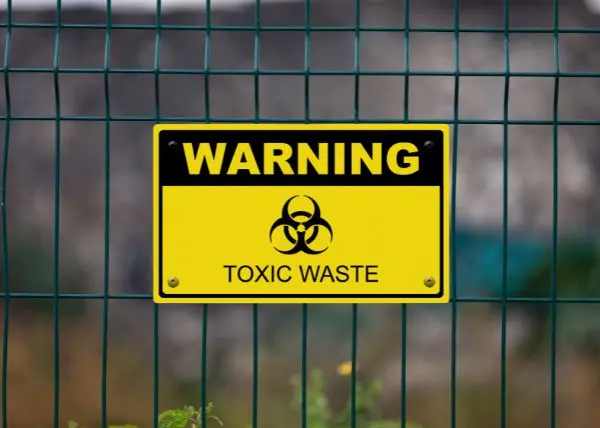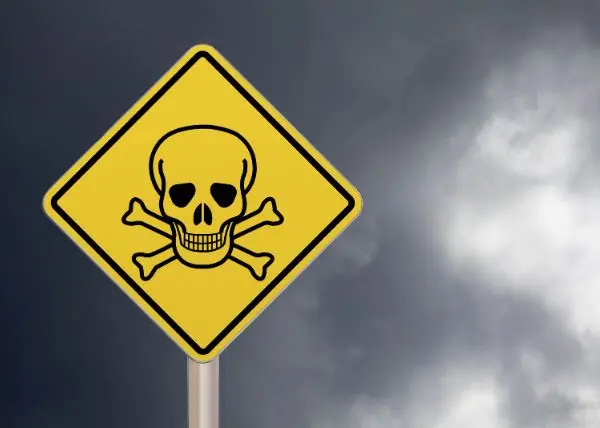
In a significant development impacting thousands, the much-awaited study on cancer incidences related to Camp Lejeune's contaminated water remains unpublished. This withholding of information is a critical juncture for over 1,100 pending lawsuits seeking justice for the harm caused by decades of exposure to toxic substances at the Marine Corps base.

The heart of the Camp Lejeune tragedy lies in the unpublished cancer incidence study, a comprehensive analysis started in 2015 by an agency within the CDC. This pivotal research investigated the link between the prolonged exposure to contaminated water at the Marine Corps base from the 1950s through the 1980s and the increased incidence of various cancers among thousands of veterans and their families. Despite the study's completion months ago, its findings remain shrouded in secrecy.
This delay in public disclosure is not just a matter of withheld information; it's a significant roadblock for justice. The study's findings are essential for over 1,100 lawsuits currently awaiting trial in federal court. These cases, propelled by the 2022 PACT Act, hinge on concrete scientific evidence linking the water contamination at Camp Lejeune to specific health issues.
The study, an exhaustive effort by the CDC, is unprecedented in its scope. It examined cancer registries across all U.S. states and territories, aiming to provide a definitive answer to the health impacts of the toxic exposure. Its results could potentially alter the course of legal proceedings, offering crucial evidence to support the claims of thousands who suffered.
In this context, the withholding of the study's findings is not just a bureaucratic delay; it represents a significant barrier to justice. As these lawsuits edge closer to court dates, the absence of this key scientific evidence could severely undermine the plaintiffs' cases, leaving many without the closure or compensation they rightfully deserve.
The litigation landscape surrounding Camp Lejeune's water contamination is as complex as it is vast. Over 1,100 lawsuits are poised for trial in federal court, a direct consequence of the PACT Act of 2022. These lawsuits represent a fraction of the struggle, with an additional 117,000 damage claims, collectively seeking a staggering $3.3 trillion, lodged with the Navy Judge Advocate General’s Office.
For the plaintiffs, the path to compensation is fraught with legal hurdles. They must not only prove their prolonged exposure to the contaminated water between 1953 and 1987 but also establish a direct link between their illnesses and the toxic environment of Camp Lejeune. This task is challenging, given the array of illnesses associated with the pollution, ranging from various cancers to Parkinson’s disease.
The sheer volume of claims and the complexity of individual cases have prompted the DOJ and the Navy to propose settlement offers, categorizing diseases into two tiers based on their assumed connection to the contaminants. This stratification of diseases into 'Tier 1' and 'Tier 2' categories, along with the varying compensation offers, reflects the nuanced understanding of the health impacts and the legal intricacies involved in proving these claims.
In this tangled web, the plaintiffs are not just fighting for compensation; they are battling for recognition of their suffering and the right to hold accountable those responsible for decades of negligence. Each lawsuit and claim carries with it a personal story of struggle and loss, making the need for a conclusive resolution all the more urgent.
The legal battles surrounding Camp Lejeune are poised to enter a critical phase with the selection of around 100 "bellwether" cases. These cases, handpicked from the over 1,100 lawsuits filed, are not just individual claims but represent a broader narrative of the impact of the contaminated water. Set to be heard by U.S. District Court judges in North Carolina starting early next year, these bellwether cases are more than mere legal disputes; they are the harbingers of justice, setting precedents that will influence the resolution of similar lawsuits in the months to follow.
The outcomes of these initial cases are crucial. They will serve as a litmus test for the viability of the numerous other claims, providing a template for how future cases might be adjudicated. This approach is strategic, aiming to streamline the legal process and offer a glimpse into potential settlements or judgments. For plaintiffs, the bellwether trials are a beacon of hope, potentially paving the way for rightful compensation and acknowledgment of their suffering.
The implications of these cases extend beyond the immediate litigants. They hold the potential to shape legal frameworks and policies regarding environmental health hazards and the responsibilities of government and military institutions. As such, these bellwether cases carry a weight far beyond their individual claims, standing as a testament to the collective pursuit of justice in the face of systemic challenges.
At Class Action 101, our personal injury lawyers specializing in class action lawsuits are more than just legal professionals; they are dedicated advocates fighting for the rights of those wronged by corporate or governmental negligence. In massive cases like the Camp Lejeune water contamination, our role is crucial. We consolidate individual claims into a powerful collective lawsuit, ensuring each victim's story is heard.
Our expertise in legal research, evidence gathering, and crafting compelling arguments ensures effective representation for our clients. We negotiate settlements, often achieving results that individual lawsuits might not reach. For victims of Camp Lejeune's tragedy, our personal injury lawyers are a beacon of hope, guiding them through the complex legal journey towards justice.
As the Camp Lejeune case unfolds, the role of personal injury lawyers in class action lawsuits becomes increasingly vital. For those affected, seeking the counsel of an experienced class action personal injury lawyer can be a crucial step towards obtaining the compensation and justice they deserve. If you or a loved one has been impacted by the Camp Lejeune water contamination, now is the time to act. Contact a specialized personal injury lawyer to discuss your case and join the collective fight for justice.





